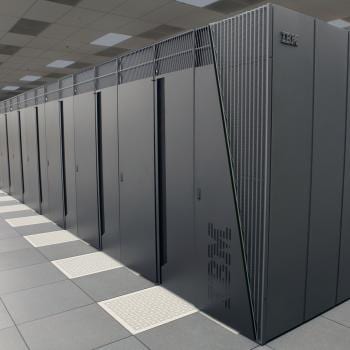by David Lewin Should we expect the schools of the future to be saturated with technology? It has been widely reported (e.g. https://www.entrepreneur.com/article/319288) that some leaders within major Silicon Valley tech companies have, rather hypocritically, chosen to limit the influence of their products on their own children, by restricting access to screen time and social media. Take the following report: “You can’t put your face in a device and expect to develop a long-term attention span,” [said] Taewoo Kim, chief... Read more
















